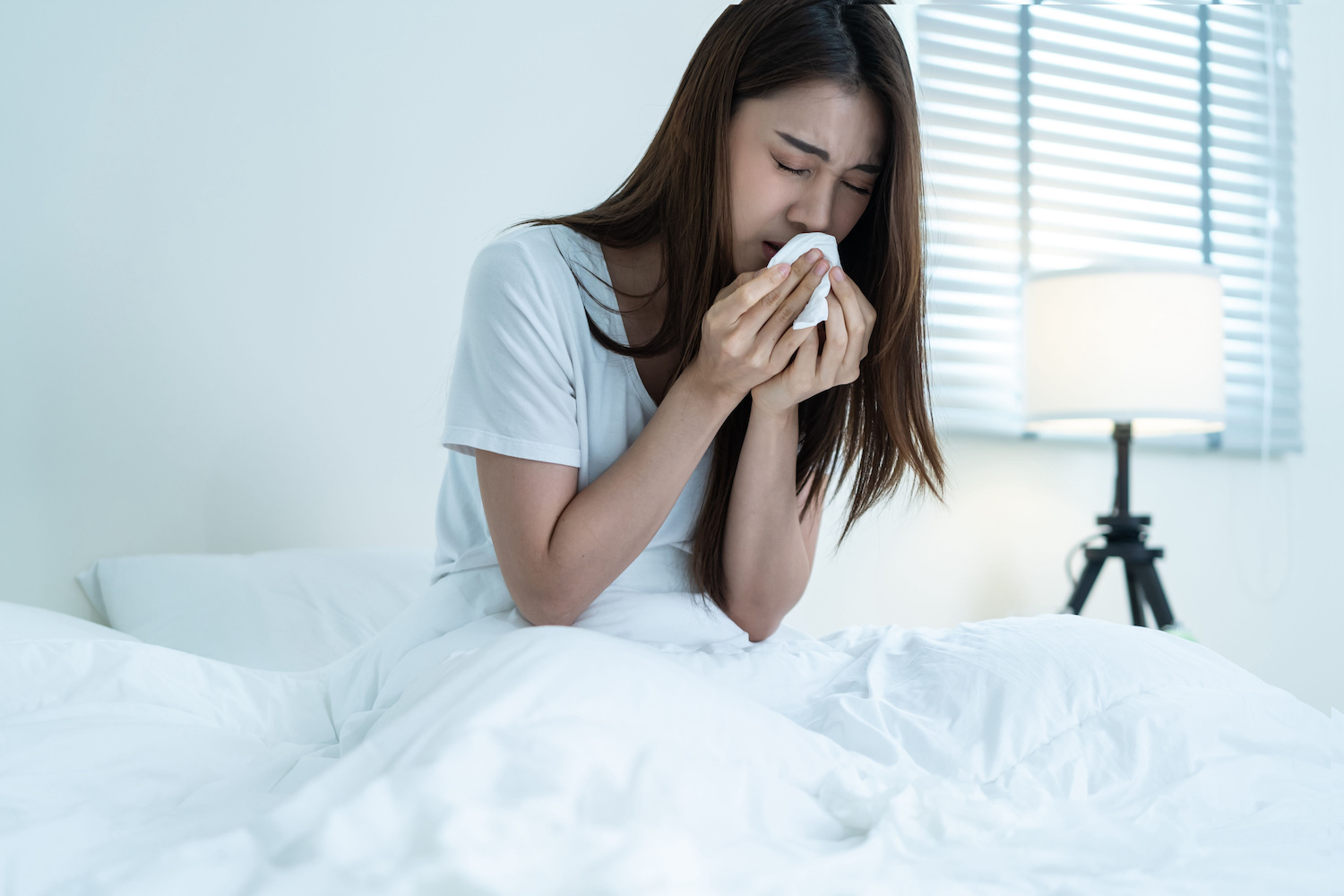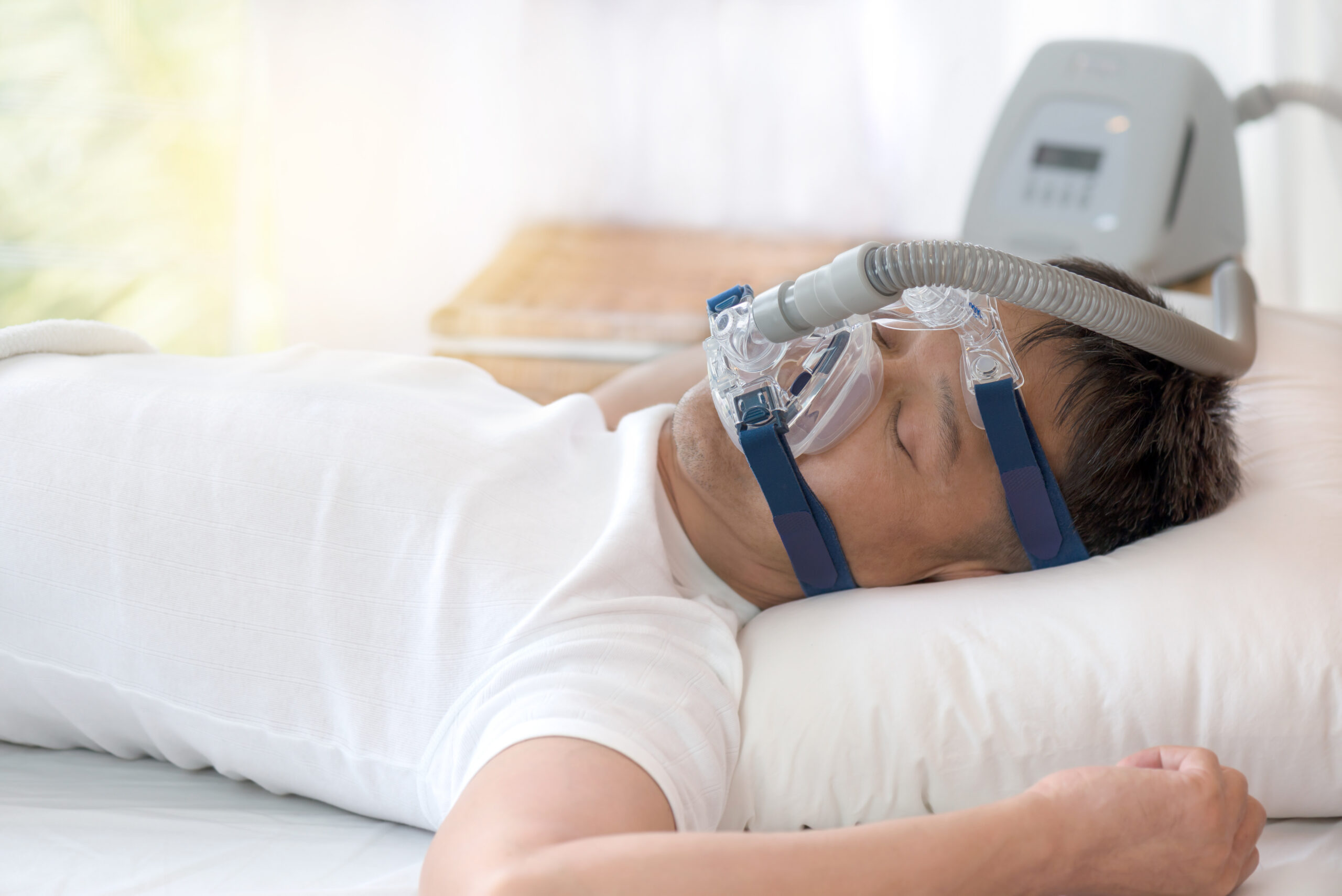Snoring is the sound that happens when breathing causes the tissues in the airway to vibrate during sleep. Snoring is common in women and people assigned female at birth. In fact, almost every woman snores on occasion and around 28% of adult women snore on a regular basis.
After a woman falls asleep, muscles in their nose, mouth, and throat naturally relax. As these tissues soften and narrow the airway, they become more likely to vibrate. Many factors can exacerbate this process and increase the chances of snoring.
Pregnancy
Pregnancy comes with a wide range of changes in the body, several of which increase the risk of snoring. Weight gain, hormonal changes, and increased blood flow can all contribute to snoring during pregnancy by narrowing the airway.
Over 30% of women begin snoring during their second trimester. Snoring becomes even more common during the third trimester and typically resolves after delivery.
Menopause
Menopause is when women and people assigned female at birth stop having periods and are no longer able to become pregnant. The hormonal changes that occur during and leading up to menopause can trigger symptoms like hot flashes, difficulty sleeping, and weight gain. Several of these changes can cause or exacerbate snoring.
Other Causes of Snoring in Women
Other factors that increase the risk of snoring in women include:
- Being over 50 years old
- Allergies
- Sinusitis (acute and chronic)
- Obesity and being overweight
- Alcohol and tobacco use
- Medications, especially sedatives
- Hypothyroidism
Is It Normal For Women To Snore?
Snoring in women is common and is not always a cause for concern. However, women should also be aware that snoring can be a sign of an underlying breathing condition called obstructive sleep apnea. Obstructive sleep apnea happens when the airway becomes so constricted during sleep that it interrupts normal breathing.
In people with obstructive sleep apnea, nighttime snoring may become frequent, loud, and can be interrupted by short pauses in breathing. Other symptoms of sleep apnea include daytime sleepiness, mood changes, frequent awakenings, and morning headaches.
Women with symptoms of sleep apnea should talk with a doctor as sleep apnea can make it difficult to get enough rest and increases the risk of a variety of long-term health issues.
How to Stop Snoring
Snoring can be a source of frustration for women and their bed partners alike. To stop snoring, experts recommend several strategies:
- Avoid triggers: Consider refraining from drinking alcohol or smoking before bed and talk to a doctor about whether your medications may be contributing to snoring.
- Address nasal congestion: Treating a stuffy nose may help reduce snoring. Try breathing in the steam from a shower, using a nasal wash, or talking to a doctor about the right medication to treat persistent congestion.
- Change your sleeping position: For some people, snoring is worse when sleeping on their back. To reduce snoring, people can instead try to sleep on their side.
- Try a nasal strip or mouthpiece: Nasal strips help to keep the nasal passages open during sleep, while snoring mouthpieces are fitted by a dentist and shift tissues in the mouth and airway to expand the airway.
It’s also important for women who snore to talk to their doctor. Doctors can determine the cause of snoring and recommend treatments and lifestyle changes, which may also include weight loss for those with obesity, mouth exercises, or a CPAP device.













